CEE | Center for Experimental Ethnography
Menu
|
CAN ANTHROPOLOGY BE RADICALLY HUMANIST? |
Since the earliest days of the discipline, anthropological knowledge production has been deeply rooted in a set of foundational distinctions that have been integral to the creation of regimes of domination, eradication, and extraction that continue to pose existential challenges to the entire globe. Eurocentric perspectives based on anti-Blackness and white supremacist, colonialist assumptions have long insisted upon the separation of “nature” and “culture” and “self” and “other.” These dichotomies have structured research, teaching, and the training of generations of anthropologists with far-reaching and often detrimental impacts on marginalized communities around the world. This panel serves to open a series of conversations dedicated to exploring the possibilities of an anthropology grounded in a commitment to “radical humanism.” In a radically humanist anthropology, equality, connection, and becoming serve as guiding principles that (1) disrupt predominant conceptualizations of a stable, knowable, liberal subject in “the field,” (2) recognize the many ways that humans and non-humans are entangled, and (3) center justice, equity, and the reduction of harm as key aims of the anthropological project.
Panelists:
Kelly Gillespie, PhD, Senior Lecturer, University of the Western Cape
Sheela Athreya, PhD, Associate Professor, Texas A&M University
Shadreck Chirikure, PhD, British Academy Global Professor, University of Oxford
Ora Marek-Martinez (Diné, Nimiipuu, Hopi), PhD, Assistant Professor and Executive Director of the Native American Cultural Center, Northern Arizona University
Moderated by Wayne Modest, PhD, Director of Content for the National Museum of World Cultures and Head of the Research Center for Material Culture
CART captioning provided by Joshua Edwards
Hosted by the Wenner-Gren Foundation for Anthropological Research
Organized by the Association of Black Anthropologists, Anthropology Southern Africa, and the Center for Experimental Ethnography
Panelists:
Kelly Gillespie, PhD, Senior Lecturer, University of the Western Cape
Sheela Athreya, PhD, Associate Professor, Texas A&M University
Shadreck Chirikure, PhD, British Academy Global Professor, University of Oxford
Ora Marek-Martinez (Diné, Nimiipuu, Hopi), PhD, Assistant Professor and Executive Director of the Native American Cultural Center, Northern Arizona University
Moderated by Wayne Modest, PhD, Director of Content for the National Museum of World Cultures and Head of the Research Center for Material Culture
CART captioning provided by Joshua Edwards
Hosted by the Wenner-Gren Foundation for Anthropological Research
Organized by the Association of Black Anthropologists, Anthropology Southern Africa, and the Center for Experimental Ethnography
For the April Third Thursday, CAMRA leadership discussed the upcoming Screening Scholarship Media Festival (SSMF). Members of the CAMRA directors’ team and the SSMF planning committee gave a preview of the year’s festival and discussed the challenges of adapting a conference centered around the theme of Rupture and Repair (originally intended for the 2020 Festival that was canceled due to COVID-19) for a virtual platform. They highlighted the promises and pitfalls of engaging different modalities in an effort to maintain the spirit, ethics, and ethos originally intended for the in-person event, and they took time to acknowledge and honor the important labor that went into making it possible.
The festival, a hybrid academic conference and media festival that offers multimodal scholars working across various forms and fields an opportunity for critical discourse and collaboration, will be held from April 16-18, 2021.
The festival, a hybrid academic conference and media festival that offers multimodal scholars working across various forms and fields an opportunity for critical discourse and collaboration, will be held from April 16-18, 2021.
APRIL 6 2021
5PM
Join the Center for Africana Studies at the University of Pennsylvania for a virtual screening and panel discussion of Jamaica’s latest Dancehall documentary, Out There Without Fear, co-sponsored with the Center for Experimental Ethngoraphy.
Hear from the native Jamaican filmmaker, Joelle Powe, and the documentary participants who will be calling in from Kingston, Jamaica. Choreographer, Latonya Style, has traveled to more than 40 countries teaching Jamaican culture. Dance advocate and lecturer Maria Hitchins articulates the evolution of Jamaican dance and class struggles for Jamaican dancers. Sign onto Zoom for a rich multidisciplinary discussion on classism, pigmentism, blackness, sexuality, cultural preservation, and censorship in Jamaican arts.
Categories
Contact Us // 438 PENN MUSEUm // [email protected]
© 2018 The Trustees of the University of Pennsylvania
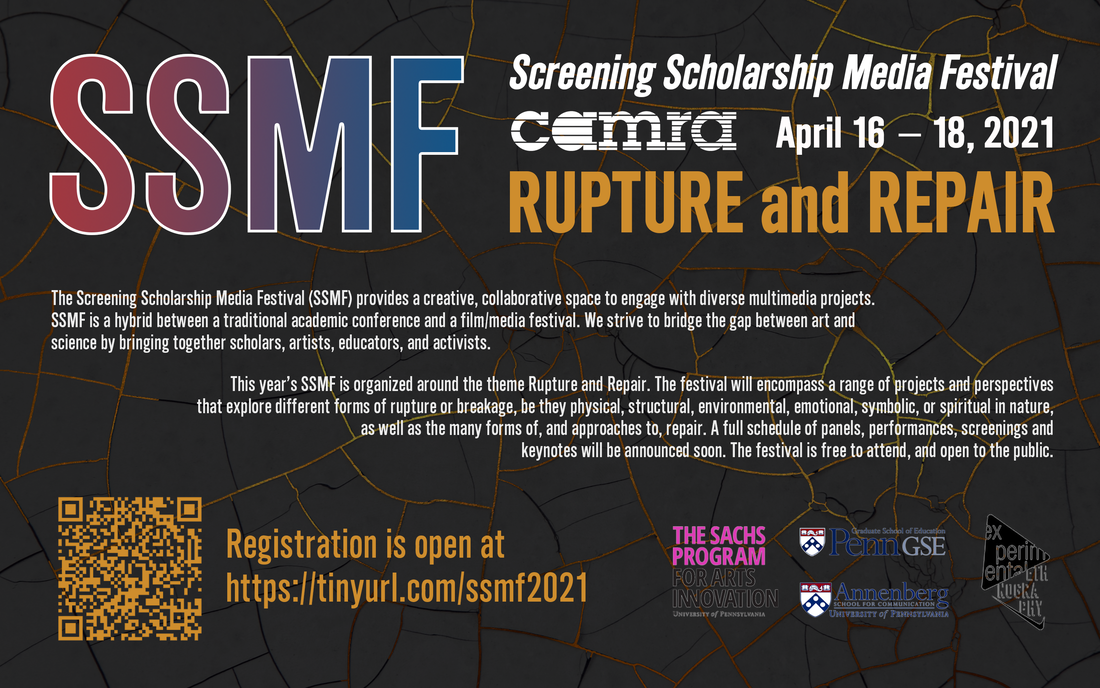
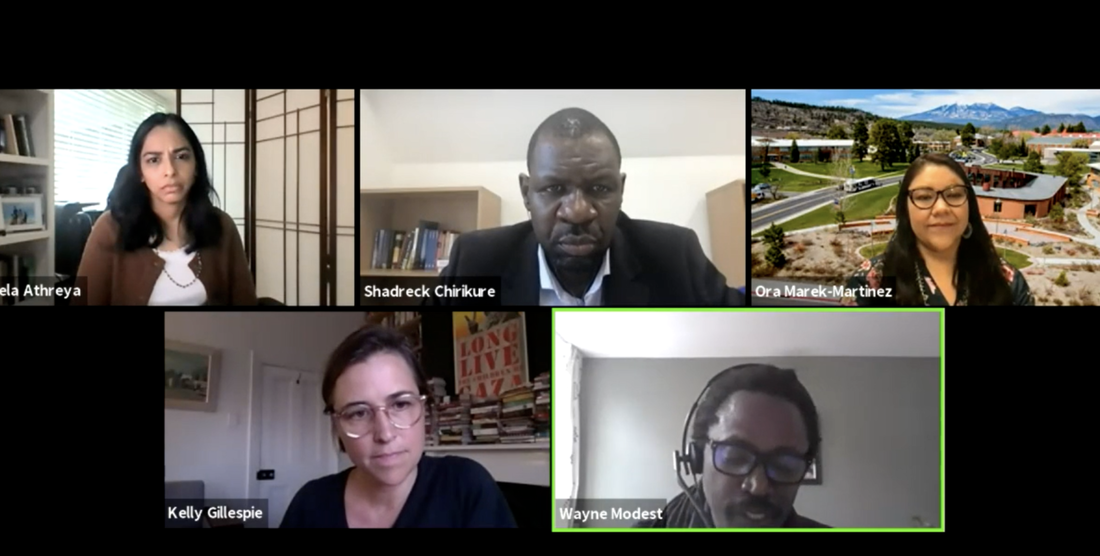
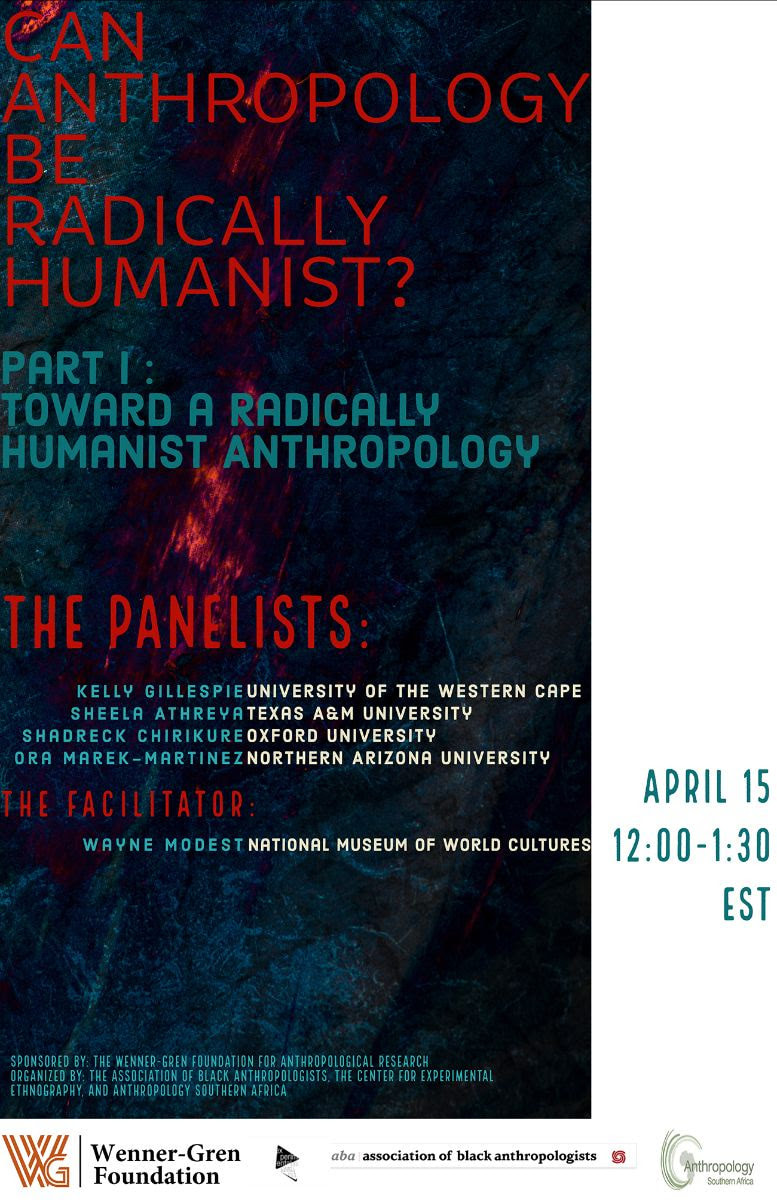
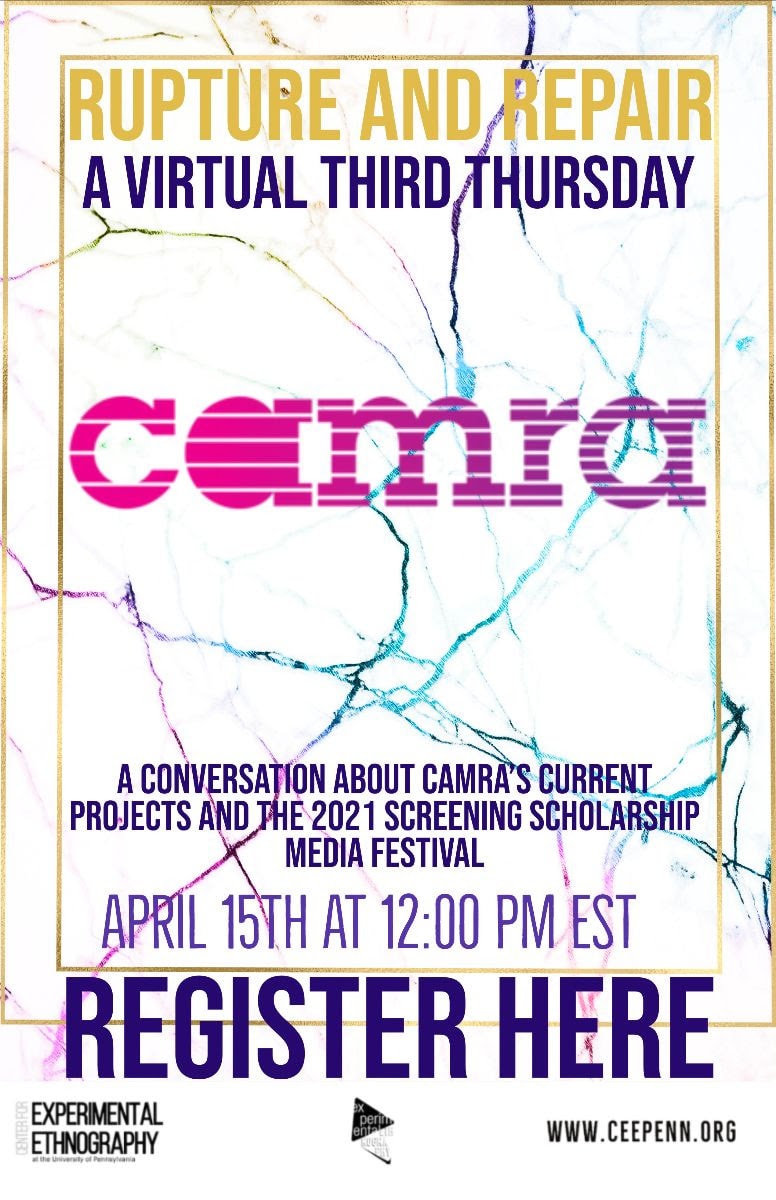
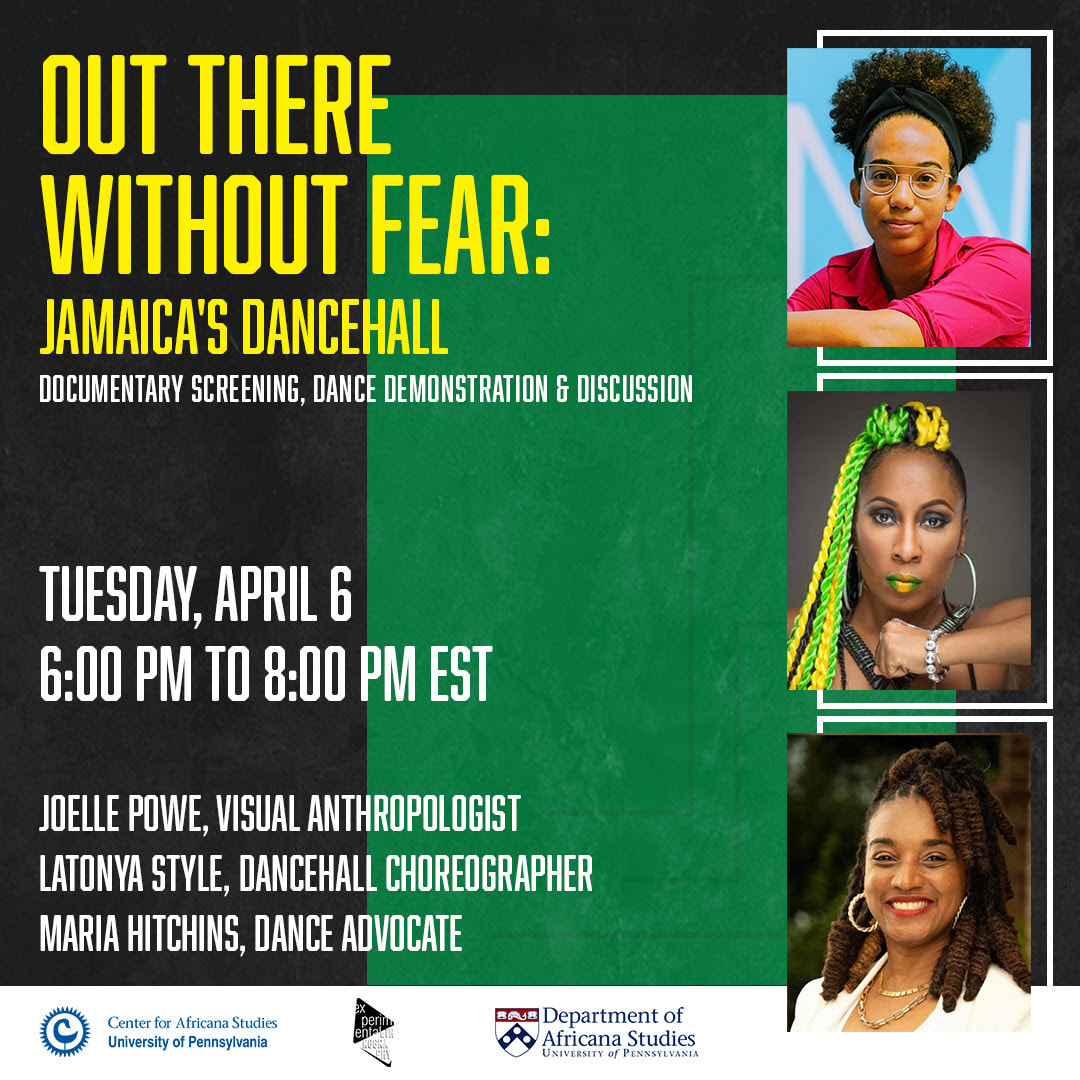
 RSS Feed
RSS Feed